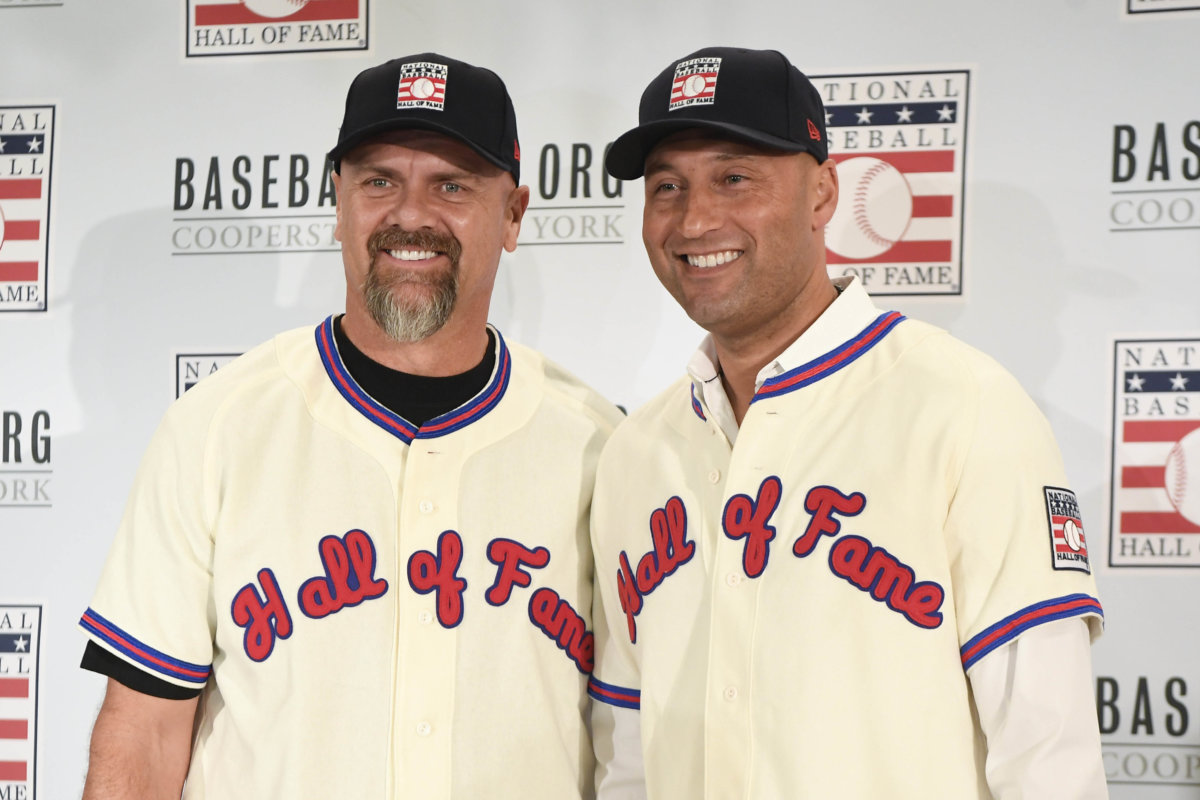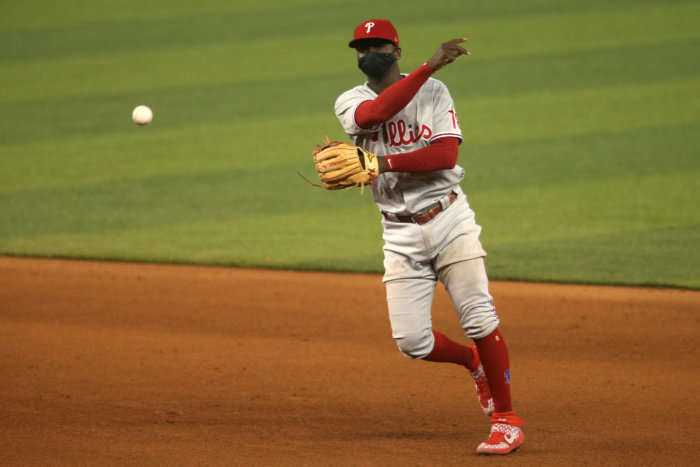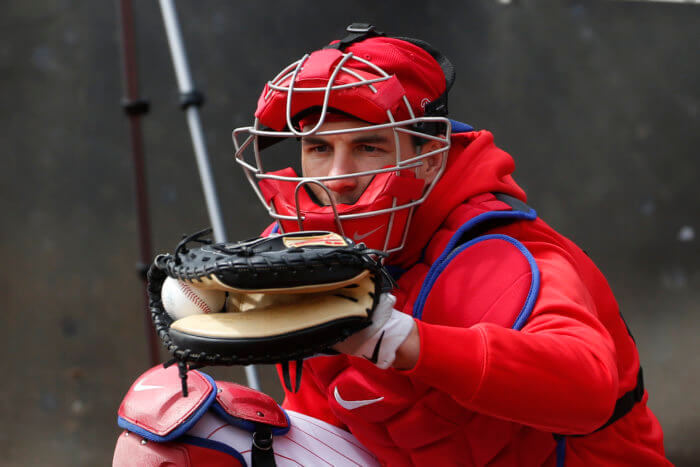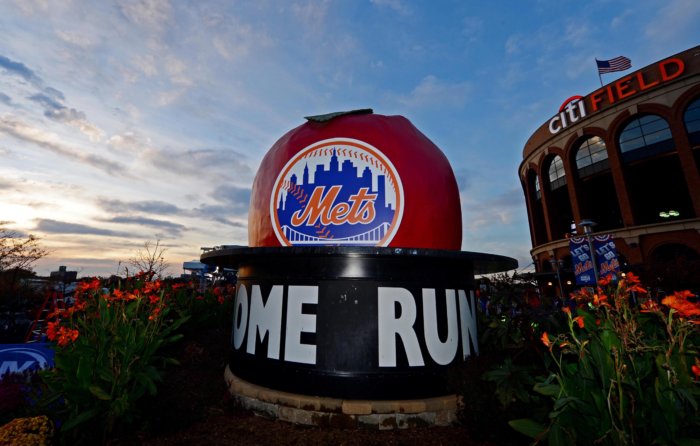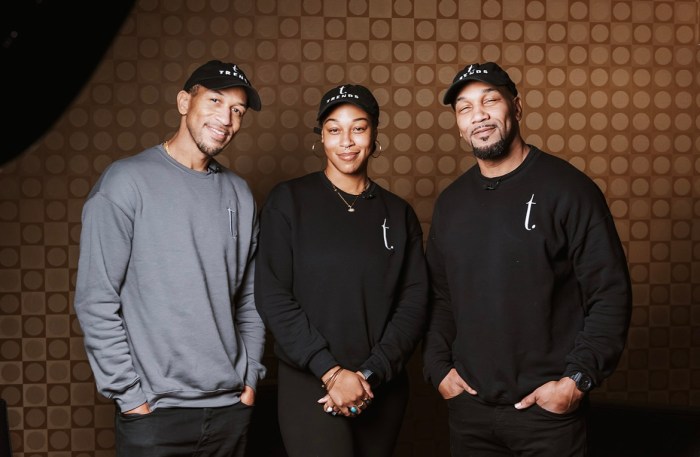Finally, Derek Jeter, Larry Walker, Ted Simmons, and Marvin Miller will be officially enshrined within the hallowed chambers of the Baseball Hall of Fame in Cooperstown, New York, on Wednesday after having to wait well over a year for their induction ceremonies that was pushed back by COVID-19.
They’ll still have the day all to themselves, as the Baseball Writers Association of America (BBWAA) did not elect anyone this year.
Jeter ranks sixth on Major League Baseball’s all-time hit list with 3,465, trailing only Pete Rose, Ty Cobb, Hank Aaron, Stan Musial, and Tris Speaker. Four of those five are in the Hall of Fame with Rose being the lone exception after he was given a lifetime ban in 1989 for betting on baseball.
The 47-year-old is the Yankees’ all-time hit leader, garnering 14 All-Star Game selections in his 20-year career while winning the 2000 All-Star Game MVP in Atlanta, and five Silver Slugger and Gold Glove Awards.
The most impressive footnote upon his ledger, though, is his postseason play as one of the best October performers in MLB history. He led the Yankees to five World Series titles in 1996, 1998, 1999, 2000, and 2009 and still holds MLB postseason records for hits (200), total bases (302), doubles (32), and triples (5). He also ranks third in home runs (20), fourth in RBI (61), and sixth in stolen bases (18).
“As strange as this sounds or may sound, I’m trying not to think about it,” Jeter said last week. “I just want to go there and experience it. I’m trying to keep it out of my mind because I do want to go in there with no preconceived notions of what may happen. I want to experience it and try to enjoy it. It’s been a long time coming.”
Larry Walker, who was one of the best pure hitters in the game during the late 1990s and early 2000s, joins Jeter in Cooperstown in his 10th and final year of eligibility, getting in by six votes.
In 17 seasons with the Montreal Expos, Colorado Rockies, and St. Louis Cardinals, Walker slashed .313/.400/.565 with 2,160 hits and 383 home runs.
From 1997-2001 with the Rockies, Walker hit .350 or better four times, led the National League in batting average three times and on-base percentage twice. That included a National League MVP Award in 1997 when he batted .366 with 49 home runs and 130 RBI.
“I’ve been caught on many occasions when somebody wants me to sign something and… they give it back to me because I forget to put ‘HOF2020′ on there,” Walker said. “So I guess that reality of it hasn’t sunk in. I don’t necessarily consider myself a Hall of Famer at anything.”
Simmons and Miller had to wait even longer as they were elected in December of 2019 by the veteran’s committee.
A power-hitting catcher mostly with the St. Louis Cardinals and Milwaukee Brewers, Simmons was an eight-time All-Star, a Silver Slugger winner, and one of the most feared players at his position in the 1970s and 80s.
“The wait has been good and bad — bad in that you’ve had to wait an extra year for this thing to kind of come to a head but good in that it’s extended an additional year,” Simmons said. “It’s been such a difficult time for everybody here in the last two years, all over the country… The fact that it’s now going to happen just brings us closer to some normalcy, which we’re all hoping for.”
Miller, who died in 2012, was the players’ first great champion as the players’ union leader during the 1960s when it came to negotiating multi-million-dollar contracts or choosing where they want to play via free agency.



